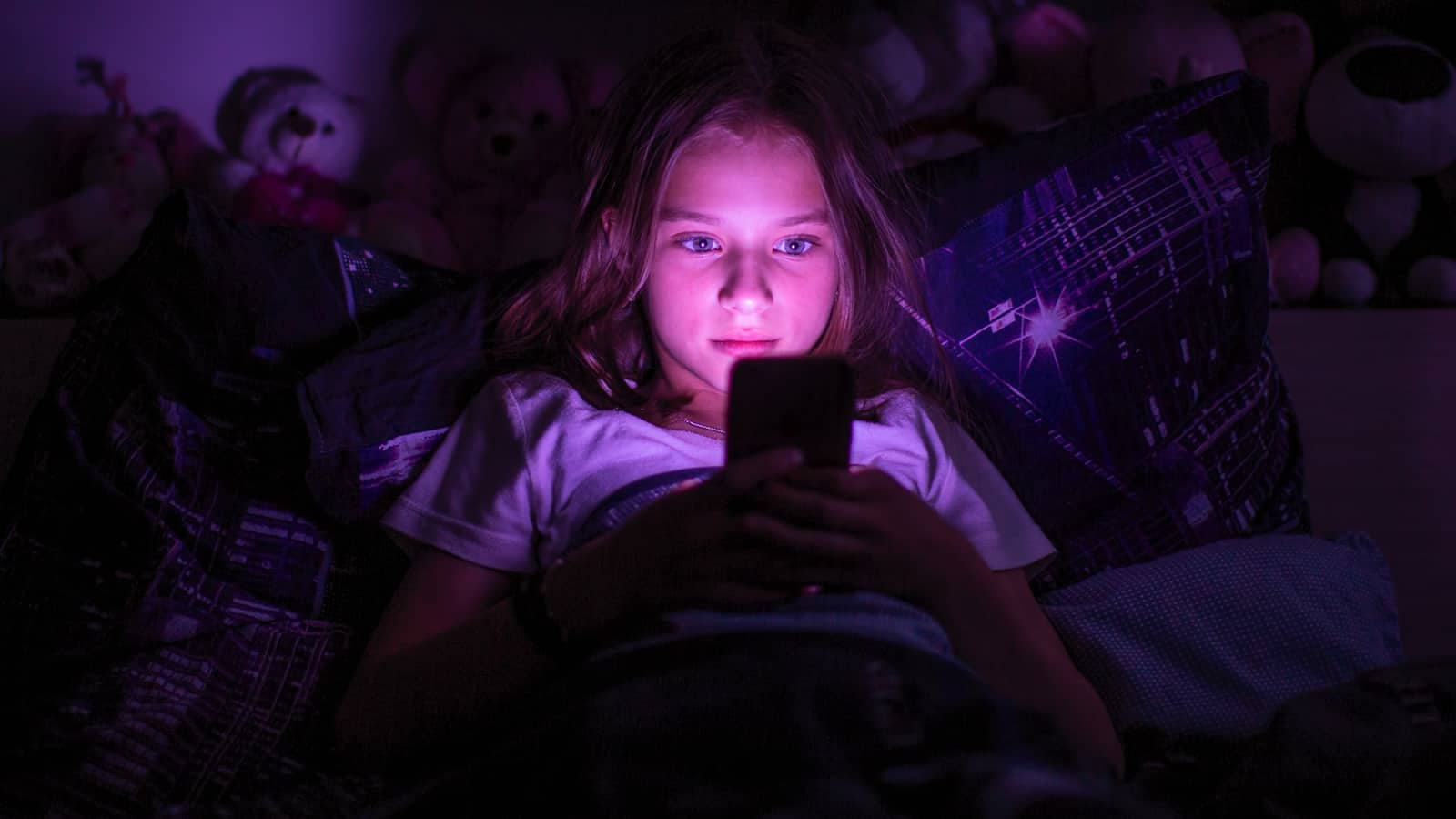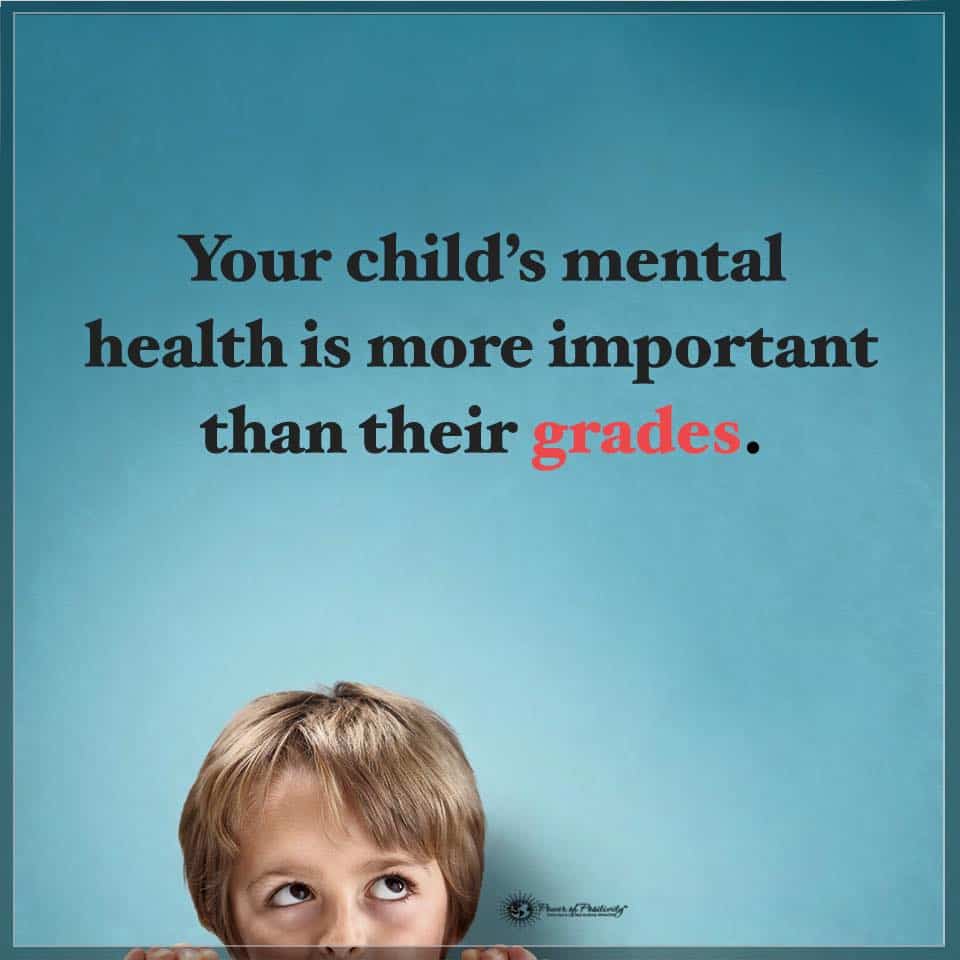Does your child have a smartphone, and you’re worried about the effects it might have on their wellbeing? From the toddler years, children are using electronics to pass the time. Some great apps can enhance their skills, but is the child’s mental health at risk?
According to a study conducted by Today’s Parent, the average age of a child owning a cell phone is around ten. However, having direct ownership and using one each day is different.
Many parents gladly hand off their phones to their young ones to keep them quiet in the car, a restaurant, or other location. Sadly, it may give them a few minutes of peace, but it could cause a lifetime of issues for their kid.
Advantages of Early Exposure to Technology
While it’s easy to point out all the things that are so wrong with technological usage, some good things can come from being exposed. First, kids are becoming more technically literate from an early age. Since the world is run by computers and electronics, getting them a jump start can be advantageous.
1. Better Job Opportunities
The IT field is quickly growing. A study reported by CompTIA found that IT jobs rose more than 134 percent in the past two years. Security breaches and safety concerns have added jobs by the tens of thousands. The future is still a bit unsure as times are constantly changing, but it’s safe to say that having any IT skills will put a child in a better position for the job market.
2. They Learn Academics Early
Your kids learn a lot from watching shows. Take, for instance, Sesame Street. The program started in 1969, and it’s been going strong. The chances are that you grew up watching the same schedule as your children.
The lovable characters and songs teach children how to count, the alphabet, and life lessons about getting along with others and diversity. These likable characters have a way to sing and dance into the heart of your young one in ways that you cannot. Their message of love and acceptance of others is essential.
They also teach the foundations of reading, which prepares them to start school. It’s easy to see some good things happen by letting your child use a smartphone. However, the key is moderation.
Technology is as addicting as any drug, so you must be the one who sets the time limits and guidelines for usage. However, it can spark their creativity and even make them more empathetic, so a little bit doesn’t hurt them.
Five Ways Smartphones Might Harm Child Mental Health
While the smartphone does bring about some peace and calm for a few minutes, what is it doing to the child’s mental health? The Canadian Paediatric Society states that children between the ages of 1-4 should use their cell phones for one hour or less each day. The doctor who headed the study, Michael Cheng, states that it damages developing brains. Here are some issues that can occur with too much technology.
1. They Forgo Outdoor Fun
The cell phone isn’t all bad, as many educational games exist. However, the real issue comes when the child is engaged in technology and not outside getting fresh air. Many children will forgo mealtime, bathroom, and other essential functions to get five more minutes on a game.
Many kids only do other things when the battery is dead or they’ve exhausted their parental time limits. They should get plenty of sunshine, which gives Vitamin D. Nothing good comes about from a child behind four walls all day.
2. Hinders Social Skills and Child Mental Health
Children start preschool at around 3-4 years of age. They must socialize and interact with other children continuously. Some parents opt to forgo preschool and send their kids straight to kindergarten. However, if a child has spent their days mostly on technology, their mental health has been impacted.
Kids who live in the virtual world often feel that the people and characters online are their friends. Thus, they don’t learn how to interact in person. They will gladly take their virtual friends over real ones, but how will this affect them once they go to school?
The child who is never socialized will have issues throughout life. If they constantly turn to the smartphones to be entertained and meet people, they’re missing out greatly. They won’t know how to interact and have quality relationships.
3. Filter-Induced Body Dysmorphia, a Severe Child Mental Health Crisis
While it’s fun for relatives to see babies and young toddlers on the smartphone, the child can’t process all the colors and brightness of the screen. It’s even more confusing for them to add filters that change their appearance.
Young children learn a sense of self when they look in the mirror, but your cell phone and the attached camera are not a replacement that helps them to identify their reflection. Research reported by AI & Society shows that children who don’t engage in regular play and the use of mirrors often have a sense of induced body dysmorphia caused by the use of AR filters.
4. Sedentary Living Leads to Hyperactivity, a Fairly Common Child Mental Health Challenge
The Centers for Disease Control, CDC, estimates that more than 9.4 percent of children develop ADHD before their eighteenth birthday. Of those children, nearly 400,000 are under the age of five. A study cited by Nationwide Children’s Hospital states that the number of children with this neurological condition has grown between 50-80 percent in the past two decades.
It’s believed that there’s a direct correlation between the child’s mental health and the screen time they use. Additionally, there’s also a genuine concern about ADHD and the foods they enjoy, as a diet seems to help reduce such symptoms. Children are more sedentary these days, causing them significant physical and mental health issues.
Their brains may be engaged in an activity, but their bodies are sedentary. They need to move and burn off some of that energy. A child that sits idle for many hours is at a greater risk of developing ADHD.
5. Obesity
Johnny comes home from school, grabs a bag of chips and a handful of cookies, and picks up the smartphone. He sits on the couch playing games and chatting with friends for hours until it’s time for dinner. Then, he eats a massive portion and goes back to his gaming.
He doesn’t move again until his mother tells him it’s time for a bath and bed. So, he’s sat since he got home from school and sat at a desk for most of the day. Now, it’s safe to say that unless Johnny naturally has a high metabolism, he will put on some pounds.
It’s effortless for children to eat mindlessly while playing games or watching programs. He’s lacking the exercise he needs, which will cause him to develop a weight issue. The childhood obesity rates are astronomical.
The CDC estimates that around 19.3 percent of kids fit the criteria for obesity. Additionally, a whopping 13 percent of those kids are between 2-5 years old. How can this not impact the child’s mental health?
Overweight children are more likely to be picked on in school, have low self-esteem, and sit on the sidelines throughout life. This can cause further issues when it’s time to go to college, get a job, and provide for their families.
Tips for Controlling Smartphone Addiction to Improve Child Mental Health
Most parents don’t see how these behaviors start at a young age but can affect people through adulthood. Here are some tips for how to control technology in your home, including smartphones, TVs, computers, and all other electronic devices.
- Set strict limits on screentime.
- Make outside play mandatory.
- Interact with the children through board games and other types of play
- Please don’t give a child under ten years of age their phone
- Use smartphone monitoring apps to control where your child goes online
- Have times when the entire family unplugs and does things the old-fashioned or manual way
There are many benefits to using technology early, but some significant drawbacks can affect your child’s mental health. You can control many issues by implementing some boundaries for cell phone usage. According to the American Pediatric Association, here is the recommended amount of screen time per age:
- Birth to 18 Months – Only video chats for short periods
- 18-24 Months – Short, educational programming only on occasion
- 2-5 Years – One hour a day of educational programming and three hours on the weekend
- 6-13 Years – 90 minutes of screentime for regular content and two hours for educational
- 14-18 Years – Set content guidelines as well as screentime based on the child’s needs
Final Thoughts on the Impact of Child Mental Health and Smartphones
Technology is hard to escape nowadays, as it’s everywhere. However, you should control how much time they spend on a smartphone for your children. It’s just not a good idea for an eight-year-old child to have a phone, as they’re not mentally mature enough for such a responsibility.
The biggest mistake you can make as a parent is using electronics to babysit for you. Sure, it might buy you a few minutes of peace, but it will cause you more significant problems down the road. A sedentary child is at a higher risk of developing obesity, ADHD, and being socially inept.
While telling your child “No” is often challenging, you can assure yourself that setting healthy technological boundaries is imperative for your child’s mental health.

















 Community
Community

